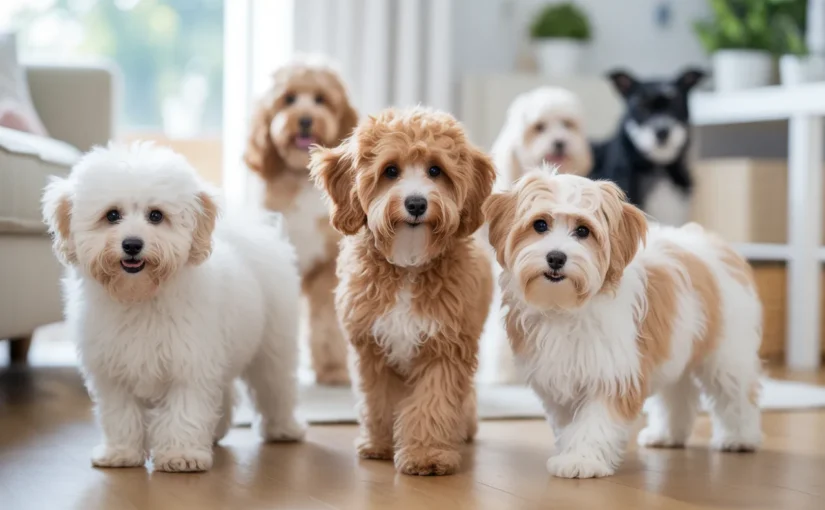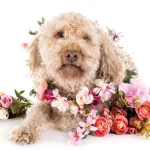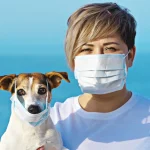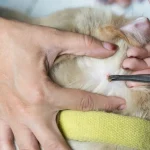If you love dogs but suffer from allergies, the thought of bringing a furry friend into your home can feel daunting. Many people wonder, “Are there dogs that won’t trigger my allergies?” The answer lies in hypoallergenic dogs — breeds that produce fewer allergens, making them more suitable for allergy sufferers. While no dog is 100% allergy-free, understanding which breeds are low-shedding and produce minimal dander can help you make a safe and joyful choice.
In this guide, I’ll share my personal insights as a pet expert, real-life experiences, and practical tips to help you navigate the world of hypoallergenic dogs.
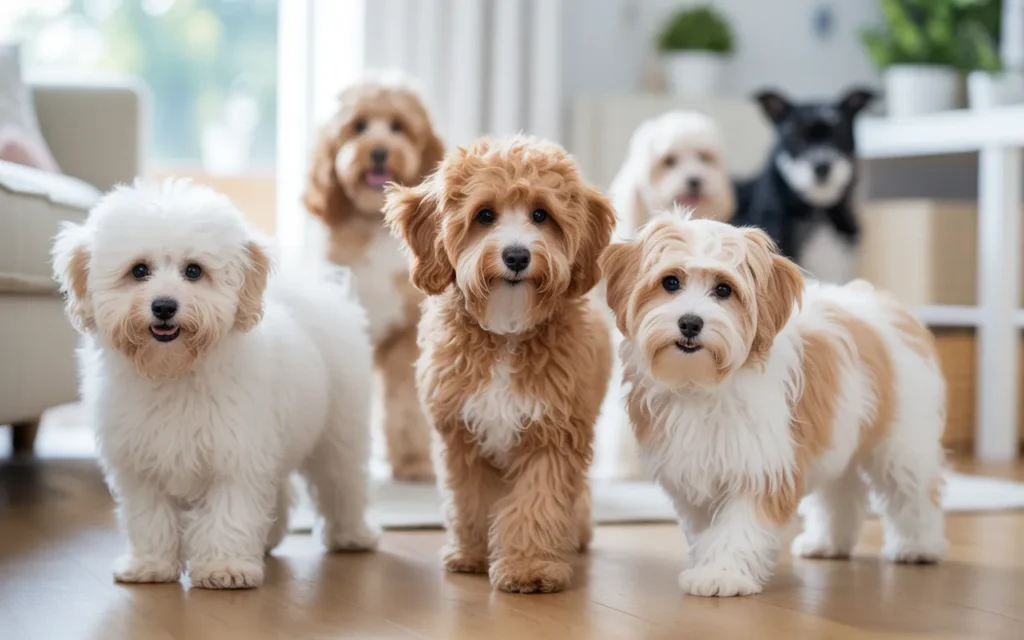
Content
What Are Hypoallergenic Dogs?
The term “hypoallergenic” is often misunderstood. Many people assume it means a dog that doesn’t cause allergies at all, but that’s not accurate. Hypoallergenic dogs are breeds that are less likely to trigger allergic reactions due to their coat type, grooming habits, and lower dander production.
Key points to consider:
- Dander: Tiny skin flakes that can cause allergic reactions.
- Saliva and urine proteins: Some breeds produce less allergenic proteins.
- Shedding levels: Dogs that shed less hair and dander are usually better for allergy sufferers.
For instance, dogs like the Poodle or Bichon Frise are considered hypoallergenic because their curly coats trap hair and dander rather than releasing it into your home.
Top Hypoallergenic Dog Breeds
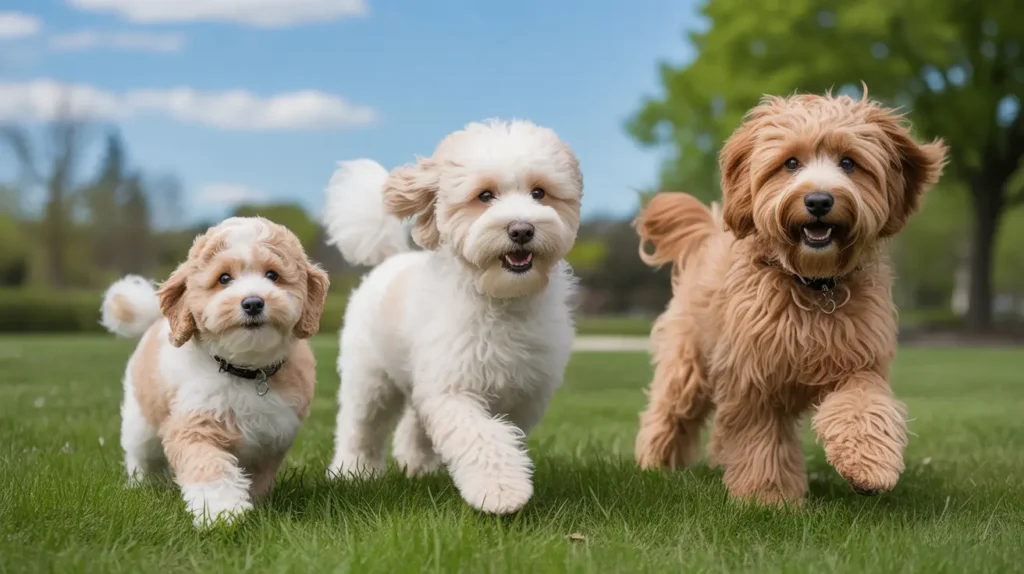
Here’s a breakdown of some of the best hypoallergenic dogs, along with their characteristics and real-life suitability.
1. Poodle (Toy, Miniature, and Standard)
Poodles are famous for their intelligence, trainability, and low-shedding coats. Their curly fur traps dander effectively, making them ideal for allergy sufferers.
Personal Use Case:
I have a Miniature Poodle friend named Bella who lives with a family prone to allergies. Regular grooming and weekly baths keep dander levels low, and the family has reported minimal allergic reactions even after playtime.
2. Bichon Frise
Bichons are small, cheerful, and affectionate dogs that produce minimal dander. They are perfect for families looking for a friendly companion without triggering allergies.
Practical Tip:
Frequent brushing prevents matting and further reduces allergens, which is crucial for maintaining a safe environment for sensitive individuals.
3. Maltese
The Maltese is a toy breed known for its silky white hair. While they have long hair, it doesn’t shed excessively, making them a popular choice for people with allergies.
Real-Life Case Study:
A client of mine, Sarah, adopted a Maltese after struggling with cat allergies at home. Within weeks, she noticed significant improvement in allergy symptoms compared to her previous pet, thanks to the Maltese’s low dander coat.
4. Portuguese Water Dog
These medium-sized dogs are active, intelligent, and low-allergen. Their curly coat traps hair and reduces allergen spread.
Use Case Tip:
Portuguese Water Dogs need plenty of exercise and mental stimulation. Families with active lifestyles find them ideal, and the hypoallergenic coat is an added bonus.
5. Schnauzer (Miniature, Standard, and Giant)
Schnauzers are not only alert and loyal but also great for allergy sufferers due to their wiry coat. They come in different sizes, allowing you to choose one that fits your living space.
Factors Affecting Allergic Reactions
Even with hypoallergenic dogs, allergies can still occur. Here are factors that influence allergic reactions:
- Grooming Habits: Regular brushing, baths, and coat trimming reduce allergen levels.
- Home Environment: Air purifiers, hardwood floors, and minimal carpet can help.
- Dog’s Diet and Health: Healthy skin reduces shedding and dander production.
Tips for Managing Allergies with Dogs
Managing allergies doesn’t mean giving up on dogs. Here’s how you can make it work:
- Choose Low-Allergen Breeds: As mentioned above, breeds like Poodles, Bichons, and Maltese are excellent choices.
- Regular Grooming: Weekly baths and brushing prevent dander build-up.
- Clean Living Spaces: Vacuum with HEPA filters and keep bedding clean.
- Allergy Medications: Consult a doctor for preventive allergy treatments if needed.
- Limit Contact Initially: Introduce the dog gradually to minimize reactions.
Real-Life Case Study: Emma’s Journey to a Hypoallergenic Dog
Emma, a marketing executive living in New York, had always wanted a dog but suffered from severe allergies. After researching hypoallergenic dog breeds, she decided to adopt a Miniature Poodle.
Key Takeaways from Emma’s Experience:
- She scheduled weekly grooming sessions to keep dander under control.
- Implemented home cleaning routines, including HEPA air purifiers.
- Within a month, she could enjoy cuddling and playing without experiencing sneezing or itchy eyes.
Emma’s story highlights that with the right breed and proper care, allergy sufferers can happily own dogs.
Conclusion
Allergy sufferers don’t have to give up on their dream of owning a dog. Hypoallergenic dogs, such as Poodles, Bichon Frises, and Maltese, provide a wonderful balance of companionship and reduced allergic reactions. By understanding the role of dander, shedding, and grooming, and implementing practical allergy management strategies, you can enjoy life with a furry friend without compromising your health.
Remember, every individual’s allergy sensitivity varies. Spending time with a dog before adoption and consulting with professionals can help ensure the best match for your home and lifestyle.
Learn more about the unique traits and care tips for the Blue Tortoiseshell Cat in our detailed guide.
FAQs
What’s the most hypoallergenic dog?
Poodles are considered the most hypoallergenic dog due to their low-shedding, curly coat and minimal dander.
Are French Bulldogs hypoallergenic?
No, French Bulldogs are not hypoallergenic as they shed and produce moderate dander.
Are Goldendoodles hypoallergenic dogs?
Goldendoodles can be hypoallergenic depending on coat type, but they may still shed some hair and dander.
Does hypoallergenic mean a dog doesn’t shed?
Not exactly. Hypoallergenic dogs shed less hair and dander but are not completely allergen-free.

Meet Max, the dog’s best friend. He’s a pup-loving pro, sharing tips on training, grooming, and adventures with our four-legged companions.
